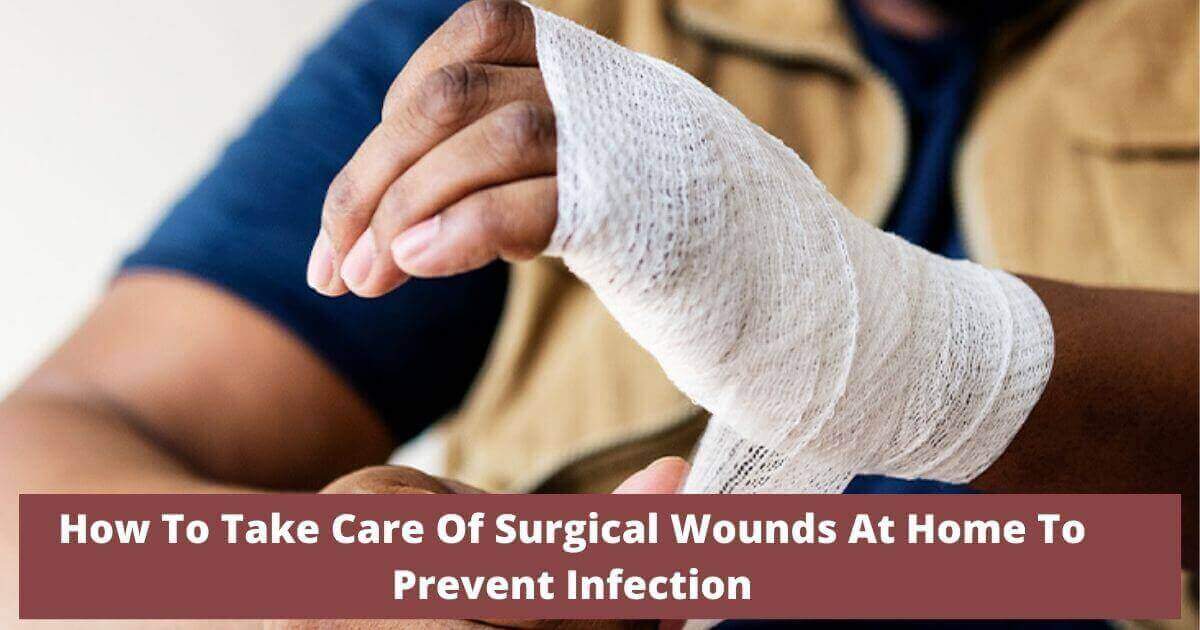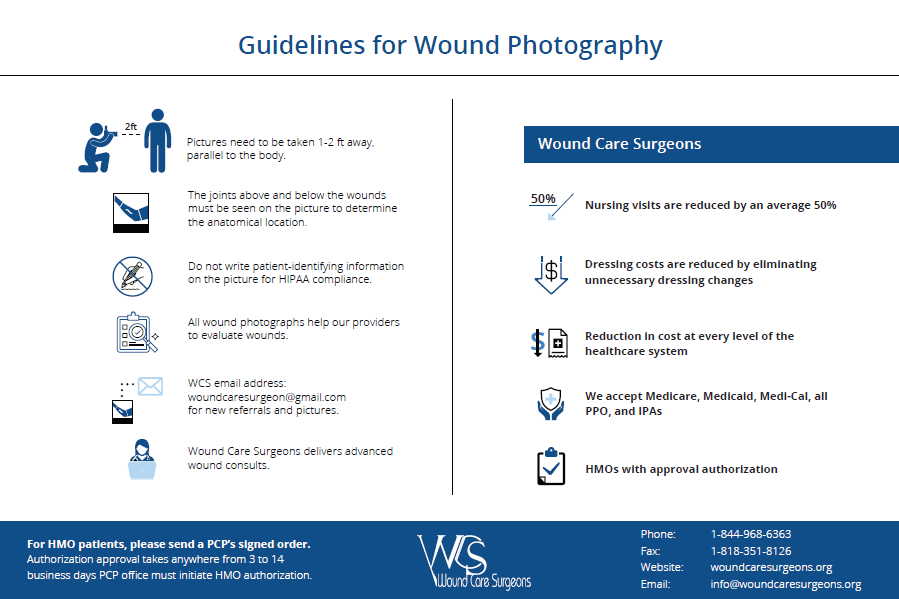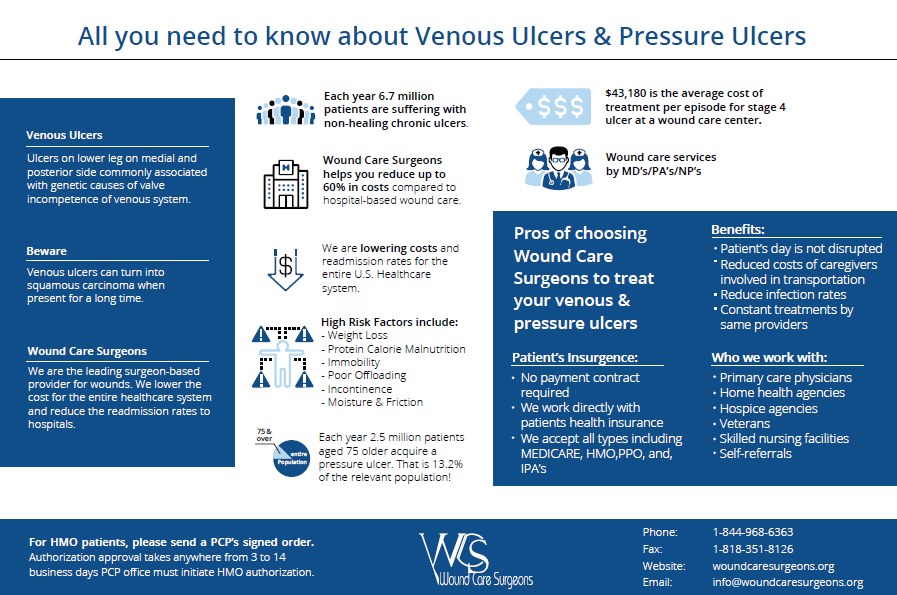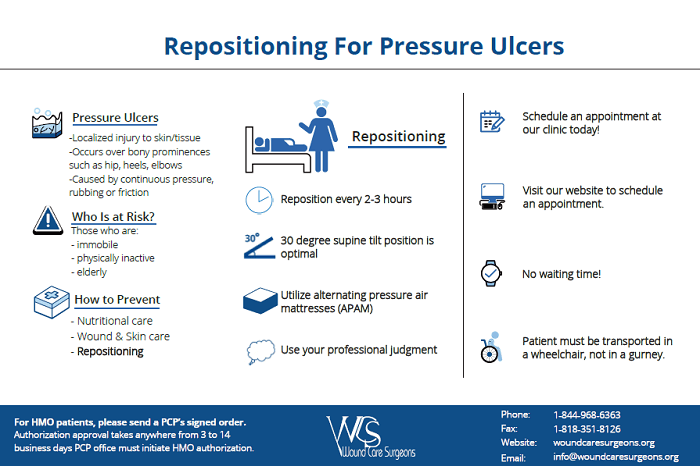
When you are back home after the surgery, you need to take care of the wounds ie. incision or cuts made by surgeons to make sure it heals properly and does not get infected. Doing this will help you avoid unnecessary pain, discomfort and will limit the possibility of scarring. The surgeons may either close the incision with sutures, staples, steri-strips, or surgical glue or leave them open to close after some time. They can differ in size while the healing time is dependent on various factors like age, health, and the type of surgery performed. Regardless of the case, extensive wound care & treatment is required.
Take a look at some of the simple yet effective tips to take care of your surgical wounds at home. Read on to know:
1. What Is The Right Time To Remove The Bandage? - Your surgeon will instruct you on the exact time to remove the bandage and how to do it. In most cases, the bandage should be removed the day after the surgery depending on the location and severeness of surgery. In some cases, it requires a few days to remove the bandage. The person needs to change the bandage every day as instructed by the wound care experts.
2. How To Change The Dressing? - To change the dressing, the person needs to have clean gauze pads, medical gloves, surgical tape, and scissors.
A. Wash your hands with soap and dry them properly.
B. Wear medical gloves and remove the old dressing.
C. Clean the wound and look for any signs of infection
D. Cover your incision with a clean gauze pad and tape it.
E. Put old dressing in the trash and remove gloves
F. Wash your hands.
3.How Do I Clean A Surgical Wound?
A. First, wash your hands and dry them properly.
B. Take a soft cloth or gauze pad soaked in soapy water or a mixture of sterile water and salt.
C. Gently dab or wipe the cloth around the incision
D. Avoid using cleansers, antibacterial soaps, alcohol, iodine, or peroxide as they can damage the skin and affect the wound healing
E. You are also not recommended to use any lotion, cream, or herbal product on your incision unless it is verified by bedside wound care services.
F. You need to clean the wound as per the instructions given by your doctors or surgeons.
4. Do I Need To Keep The Wound Dry? - The person is required to keep the wound dry for the first 24 hours after the surgery. Avoid showering or bathing the first day. He/she can take a sponge bath instead-but when it comes to bathing the next day, it needs to be checked by the doctors. It is better to take a shower instead of a bath and gently dry the skin after washing.
5. What Are The Signs Of Infections? - While cleaning a surgical wound, the person needs to look if there are any signs of infection and call Wound Care Surgeons immediately. The possible signs of infection include:
A. Yellow or green discharge from the incision
B. Redness & warmness around the affected area
C. Bad odor
D. Fever
E. Increased pain
F. Excessive bleeding etc.
6. Should I Limit Physical Movements? - It is in the best interest of the patient to limit movement around the area of the incision as it can improve healing and lower the risk of further seriousness. Your doctor could tell you to avoid activities that can pull apart your incision such as exercise, lifting, straining, or any other physical activities for the first month or so after the surgery. In case a cut opens up, call your doctor immediately.
How To Take Care Of Stitches, Staples, & More?
Stitches are the medical threads sewn through the skin around the injury to bring wound edges together and let them heal properly. If a patient has received stitches or staples, it can cause generally some redness or swelling with mild irritation. Additionally, some drainage from the wound may be witnessed in the initial days of surgery. But if the drainage is increasing, or a wound contains pus, the patient needs to have wound care treatment. Plus, if there are any signs of infection, the doctor needs to know it.



